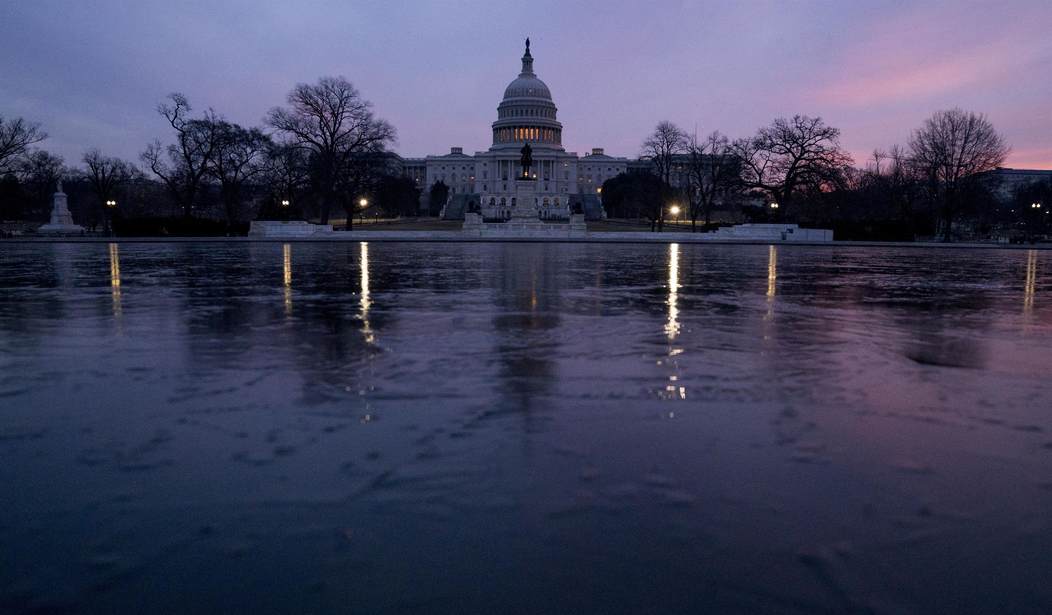Republicans and Democrats are carrying on in Washington as if the fate of the world depends upon how they resolve the partial shutdown of the federal government. But let's be honest, this is not the Cuban Missile Crisis.
A more realistic assessment of the situation suggests that the elected politicians are merely confirming the low opinion voters already have of them.
Just 27 percent of voters believe that their representative in Congress cares about what they think. Most (53 percent) believe their own representative trades votes for cash.
Moving beyond skepticism of individuals, voters tend to see the federal government as less responsive to their needs than local governments, small businesses, not-for-profit groups, state governments and large businesses. Just 16 percent trust the federal government to do the right thing most of the time. It's been nearly 50 years since most Americans trusted the federal government.
Today, there is only one group seen as less responsive to voters than federal elected officials: bureaucrats appointed by those elected officials. Admittedly, that is a pretty low bar to clear.
A big part of the problem is that the national politicians think they're more important than they really are. And the national political media covers their every utterance as if the world revolves around them. Voters see it much differently (and more clearly). In fact, 60 percent agree that while politics has a role to play in governing our society, it is not the lead role. Only 14 percent disagree with that assessment.
Recommended
That understanding naturally makes voters hesitant about relying upon the agendas and schemes of political leaders. Instead, voters want to get everybody involved. Seventy-seven percent believe that, for America to succeed, we need an all-hands-on-deck approach that unleashes the creativity and resources of individual Americans, families, community groups, churches, entrepreneurs, small businesses, local governments and more.
With all that as context, the frustration with the shutdown becomes easier to understand. On the one hand, despite the hype generated by official Washington, few people notice it in their daily lives. Currently, 13 percent claim they have felt a major impact; 11 percent don't know there's a shutdown; and the rest are aware but not impacted.
On the other side of the coin, Americans are clearly frustrated with the political elite's refusal to treat border security seriously. Eight-out-of-ten voters believe that illegal immigration is bad for the United States. But just as with the shutdown itself, few feel any direct impact in their daily lives from not having a wall.
So it's hard for voters to understand why President Trump, Senate Majority Leader Chuck Schumer and House Speaker Nancy Pelosi are so committed to this game of political chicken. Regardless of how the shutdown turns out, voters are still going to want more attention paid to border security. And they're going to seek action on other issues as well.
But the political leaders seem more committed to gamesmanship than to meeting the needs of their constituents. Perhaps we should simply be thankful that only 13 percent believe that governing is the responsibility of government alone. Fortunately, we live in a world where the culture and technology lead while politics and government lag behind.

























Join the conversation as a VIP Member